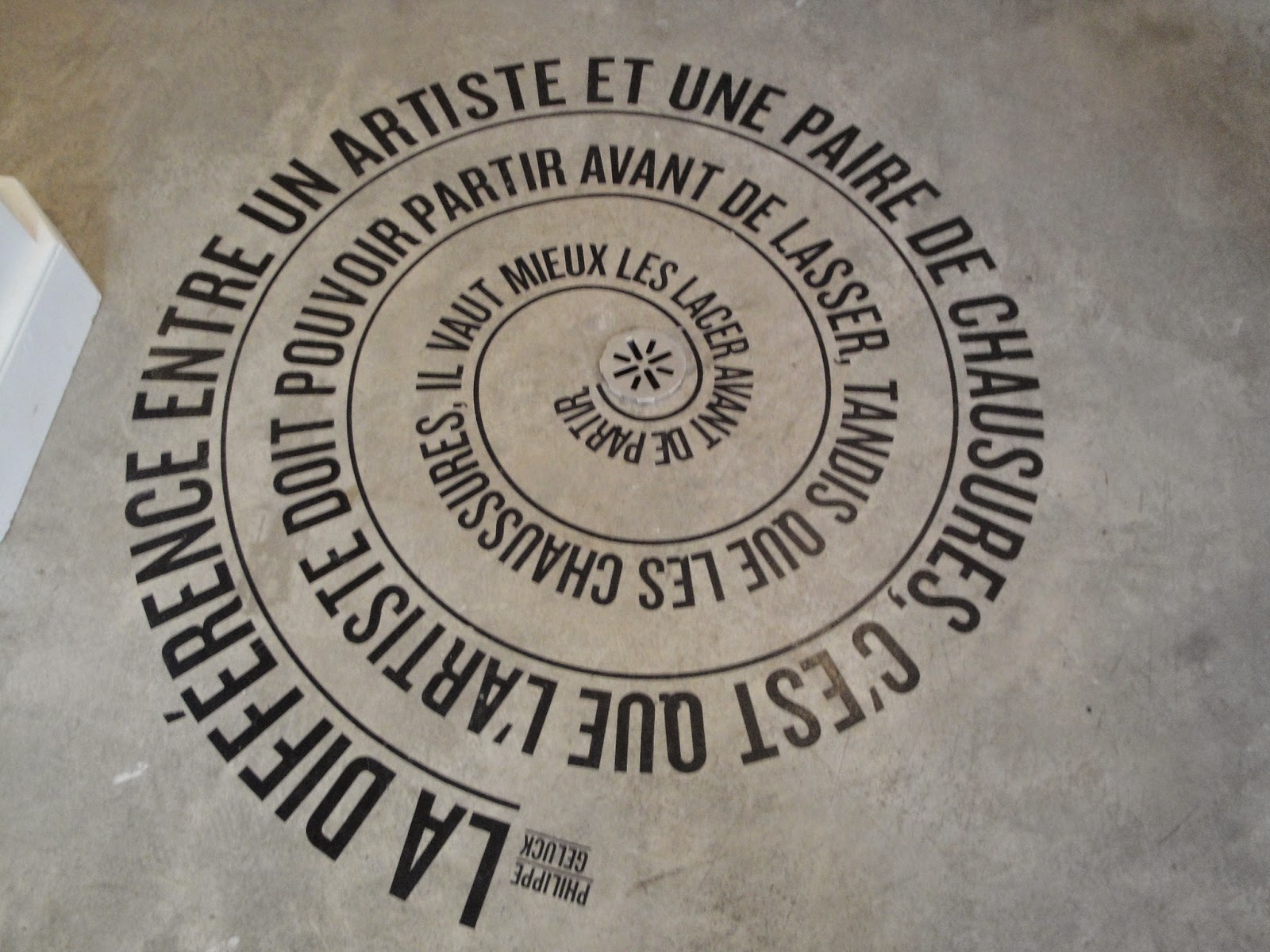We
all want to follow our hearts and dreams.
Throughout history there have been different rules for girls than
boys. Throughout history women
have been bound by Old World Traditions.
Once upon a time there was a little girl,
that little girl was my mother
She
came into the world on March 30, 1925, naked and unaware of the difficult life
ahead of her, by the hands of a local midwife in a small room on Warren St. belonging
to her Aunt Maria and her poppa’s Uncle Pete in downtown St. Louis. It was an Irish neighborhood with
immigrants from not only Ireland, but Germany and Italy as well.
She
was christened Gerolama or Geraldine, nick name, Momo or Mamie, no middle name,
at Our Lady Help of Christians church.
It was a little Italian church rented from the Protestants. (My mother thinks this is amusing,
since in those days, she was told the Protestants would all go to hell!) I
remember that church well because as a little girl, my grandma, who was a very
big and rough grandma, being all of 5 feet, would take me by the hand and drag
me there for special occasions which always involved candles, processions and
special indulgences that did away with time in purgatory.
My
mother’s name was given according to an old Sicilian tradition. The first-born female will be named
after the father’s mother.
Mamie’s
parents, Rosalia Ciaramataro and Salvatore Sanfilippo, immigrated to the United
States in 1923. Brave young souls,
they each boarded a large crowed boat alone, and headed for the steerage. They
clung their few possessions to their bodies and left behind their beloved
Trapido, a beautiful village, near the Tyranian Sea, with its fishermen,
colorful boats, huts, dirt roads and olive orchards. They left their village of rich tradition and heart-breaking
poverty, the kind of poverty that made them hunger for a better life, for
America, the land of opportunity! They were armed with a third grade education, intelligence,
integrity, common sense, a sense of purpose, a remarkable resourcefulness and
the grit to ultimately get them through a life in a foreign land, the
depression and the raising of 9 children.
Mamie,
the first born of Rosalia and Salvatore, was her parents pride and joy; she was
obedient, hard working and intelligent.
Not knowing a word of English, she began her short-lived education. Mamie at age five walked into Sacred
Heart School scared and timid.
What a site she was with her long bangs and big eyes. The hands of her mother made every
stitch of clothing down to the cotton underwear under her dress and the socks
that covered her feet. Not knowing
a word of English, what strange sounds came into her ears! She was extraordinary in many ways not
only in her appearance. As soon as
she could walk, a soft cloth was put in her hands and she learned her first
lesson, how to dust. Before she
entered Sacred Heart School with the young Sisters of Loretto, only five years
old, she was already trained to help her mother with more difficult household
chores like changing diapers of her multiplying siblings.
Her
parents taught her “work makes you noble”. She knew she
was already a very noble little girl, for her parents were good and kind, but
hard taskmasters, and over protective.
When a neighbor child came to the door asking her to play. Her reply was as instructed, I can ‘t
come out and play, I have to help my mother. Mamie grew in knowledge and
stature, but not too much, she only reached 4 feet 11 inches, weighting 90 lbs.
She was most appreciated by her
parents. She became their window
to their adopted country. They
needed to know, and she was the door to that knowing. Daily, she read and translated the St. Louis Post to her
parents and their tenants. They were so proud of her!
America’s
opportunities did not come without a price. After a long day of pushing a wooden cart filled with fresh
vegetables from north to south St. Louis, Salvatore would come home and wash up
to sit with Rosalia on the stoop to share stories with their family and
neighbors, as was the custom in their native land. Mr. Russo was the wise, older one. The younger ones would follow what he said. “The boys help their poppa and the
girls help their momma. The
boys will have to support their family, so they need to go on to school, but
the girls will stay home and have babies.
The girls, they don’t need to go to school.”
Although
Mamie was praised for her efforts and adored for what she could do for her
parents. She followed their rules
and the commandments, especially the Fourth Commandment. Boys help their father and girls help
their mother. In total there were
seven boys and two girls. Since her sister was born 18 years later, Mamie had
more than her share of work.
A girl will only stay home and have babies, why would she need to go on
to school? So when the good sisters
gave her a scholarship to St. Rock High School. She had to go to Sr. Mary Edwards and say “my mother will
not allow me to go to high school.”
The sister looked with heart wrenching compassion into her eyes and
said, “I don’t understand why a mother would not want her daughter to go to
school.”
Well
Mr. Russo was right! My mom stayed
home and had seven children of her own; I was the 2nd of six
daughters. She ran the house,
cooked, cleaned, took care of finances and sewed most of our clothes. When I
was in high school, she sewed all of my prom dresses out of beautiful fabrics like
brocade and Swiss dot, using patterns that I picked out. My mom had a gift for
sewing!
The
reason she was such a professional seamstress is….
When
Mamie was 15 her mom sent her to a Hadley Technical School for a sewing class. Soon after she finished her sewing
class, one morning after mass, her mother said, “Mamie, Mamie, a lady is going
to take you to get a job”, and sure enough, a very mysterious woman, dressed all
in black and wearing a hat with netting over her eyes, came to her home and
took her on the trolley car. For the whole trip, the woman did not
say a word, nor did my mother.
They got off the trolley on Washington Ave., there were factories lining
both sides of the street, every kind of clothing factory imaginable, from men’s
suits to women’s lingerie. This
woman led her into one of the dress factory. They then went into a rickety old elevator and rose to the 7th
floor, when the huge doors opened, she saw a very big man cutting a tall stack
of fabric. As instructed,
she went up to the man and asked if she could have a job. He answered in a Jewish accent, “How
old are you?” She knew the right
answer, for she was told what to say beforehand, “I am seventeen years
old”. The law at the time was you
had to be at least 17 years old to operate a power machine. The man smiled a knowing smile. She was 15, but she got the job!
Learning
was her delight and escape. After
eight short years it came to an end.
Because
she did not go on to high school, she always felt inferior. So after her children were raised, at
the age of 65, she went to night school to earn her GED. After a few lessons the teacher told her
to take the test. She didn’t feel
ready, but she took it anyway and passed with flying colors. She is so proud of her high school
certificate! Mamie is now 88 years
old. Her old strings are cut and
have been replaced by the strings of old age. Her husband of 64 years has passed away, she is left with time:
time to think. What if? What if I went on to school? What if I followed my heart? What if I knew my own value and
power? What if I played by my own
rules? With all the questions, there are no regrets, she is very proud of the
work she has done. After grieving
my father’s death, she is looking for some work, something to make her
noble. Women have different
rules. My mother with her abiding
integrity, loyalty and common sense followed her conscience. She followed the rules set for
her. Throughout history there have
been different rules for women than there are for men and my mother gave her 6
daughters new rules. She gave us
wings!


